Traditional vs. Rechargeable Hearing Aid Batteries
All hearing aids, regardless of their style, have the same major components - a microphone, an amplifier, a receiver, and a battery. Traditionally, hearing aid batteries have been disposable, but in the last few years, many manufacturers have started to produce rechargeable hearing aids. So what is best for you? What is going to help you hear conversation clearly? Let’s take a look at both styles of batteries! Some major things to consider when comparing batteries are: Battery Life Accessibility Portability Disposable Batteries Disposable Zinc-Air batteries, come in four different sizes; the size is based on the amount of power needed for your hearing aids. These batteries are air-activated, meaning they begin to work as soon as the coloured sticker comes off, allowing the oxygen to react with the zinc. Pros The most common size, 312, had a life expectancy of about 5-7 days. The individual cost of batteries is very low; less than $1.00 per battery. It is very easy to keep spare batteries with you while you are out and about; especially if you are in an environment where a plug is not readily accessible (i.e. camping, traveling, etc.). You can go a few days without having to change them or plug anything in. These are easier to fix in-house, as we can access the battery compartment. Cons Battery life can dramatically change based on humidity, the power needed for your hearing loss, and use of accessories like a remote or TV streamer. These batteries...
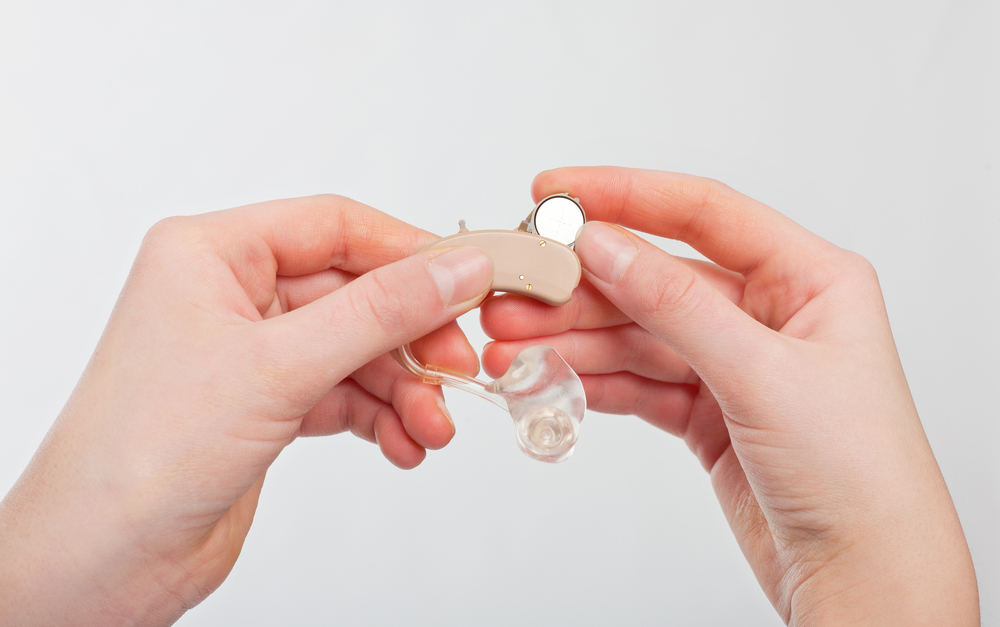
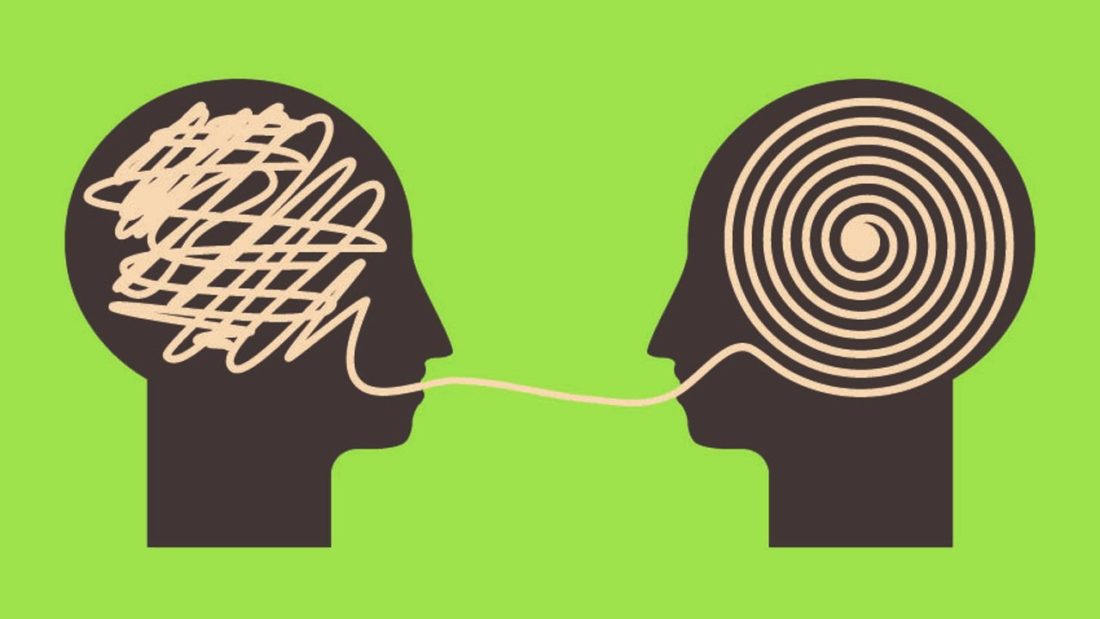
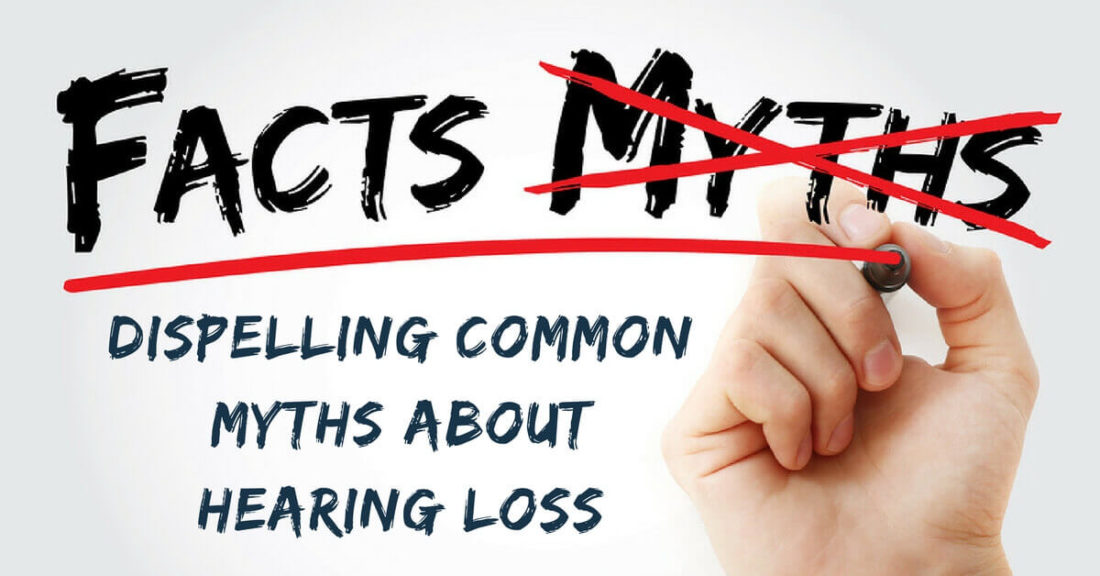

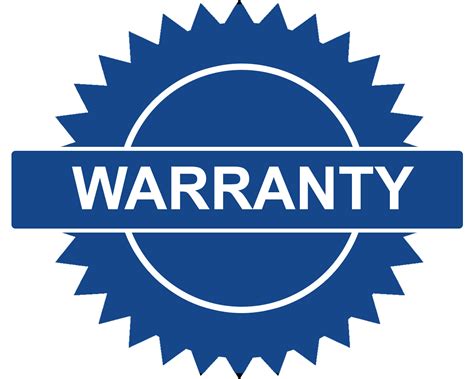
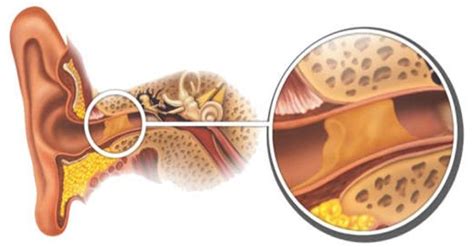
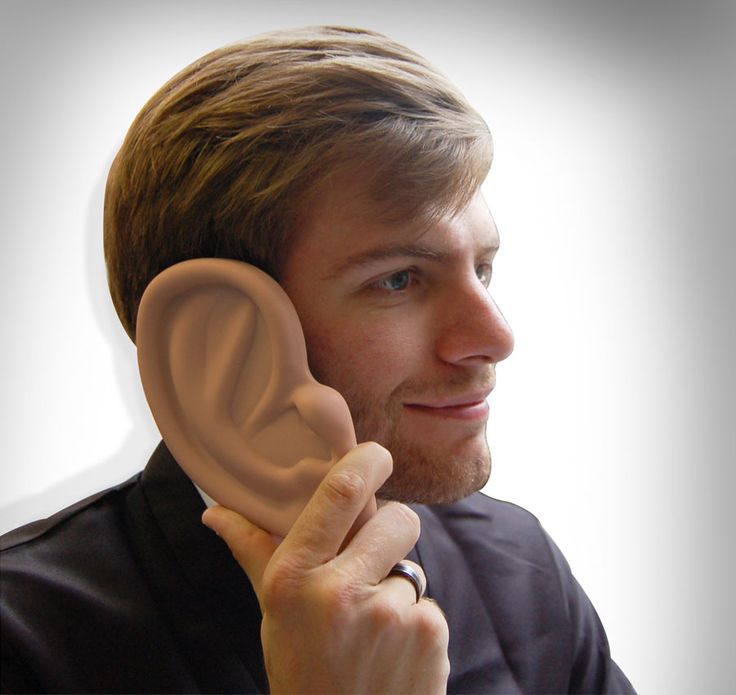
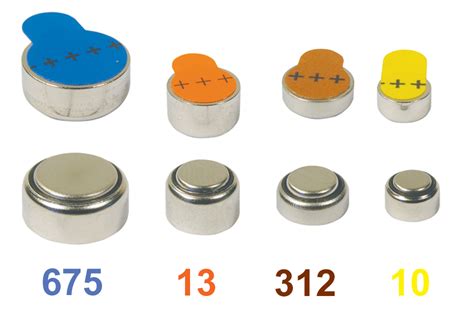

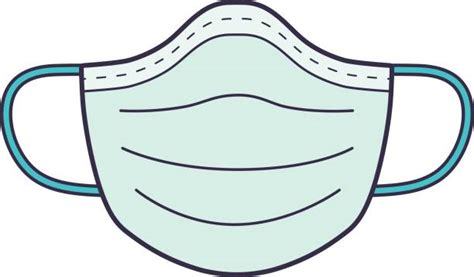
Recent Comments